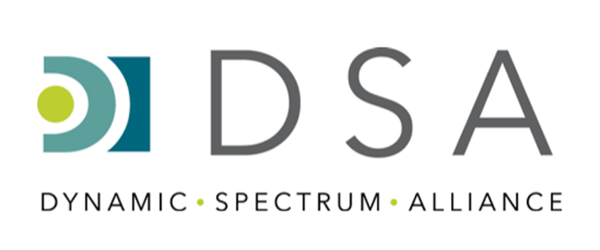DSA Global Summit Draws Global Regulators to Discuss Wireless Spectrum

A daily selection of features, industry news, and analysis for AV/IT professionals. Sign up below.
You are now subscribed
Your newsletter sign-up was successful
The Dynamic Spectrum Alliance (DSA) Global Summit 2018 began with opening keynotes from representatives from the UK House of Lords, Ofcom, the Federal Communications Commission (FCC), and Microsoft. Each representative summarized the importance of open communication on modern and innovative spectrum management methodologies, including dynamically shared and license-exempt operations.
Twenty-two different regulatory bodies from across the world are being represented at the DSA Global Summit and they joined together for a regulator workshop to discuss spectrum sharing and dynamic spectrum access on an international level. The goal was to share common challenges regarding connecting the unconnected and building the next generation networks for the demands of tomorrow, as well as to share ideas on solutions going forward. This was the largest collection of regulators in the DSA Global Summit’s history and consisted of representatives from around the globe.
“Managing spectrum efficiently is crucial to improving how we enjoy technology today and enabling the services of tomorrow,” said Philip Marnick, Spectrum Group director at Ofcom. “It demands a collaborative approach. This includes exploring options for greater sharing of spectrum among different users and looking at new ways to ensure all industries can access the airwaves they need to unlock the full potential of future technology.”
Following the morning keynotes, Dr. Preston Marshall, principal, wireless architecture at Google, presented on “challenges with the current spectrum approach.” Marshall explained why dynamic spectrum access can drive a more efficient use of spectrum that lowers the cost of access, increases the opportunities for new entrants, and stimulates innovation. He also presented dynamic sharing models that are currently deployed and the market, coverage, and service opportunities, highlighting that the current dominant approach of exclusive licensing for spectrum has challenges for the future.
The challenges with the current approaches to spectrum management and the need for change were key themes of the morning, as several industry figures came together to discuss use cases for shared spectrum to help solve some of the most intractable problems regarding connecting the unconnected. Participants included Dr. Héctor Huici, secretary, Information Technology and Communications, Ministry of Communications Argentina, and representatives from Microsoft, SOVA Innovation Center for TVWS Broadband Development, Whitespace UK, Carlson Wireless, Mawingu Networks, and Cenerva Limited. The panel addressed how shared spectrum access use cases are helping to narrow the digital divide, while acknowledging that more needs to be done.
TV White Space was a key focus of the morning and Mr. Haiyun Tang, CEO of Adaptrum presented the progress and development of TVWS technology and the advances which are in the pipeline.
Catherine Gabay, deputy director of spectrum monitoring and enforcement at ANFR, the National Agency for Spectrum Management in France, commented: “Spectrum is a rare and strategic resource for many services and users, both government and private, which must cohabitate in this finite space (from 9Khz to 300Ghz). One of ANFR’s main activities consists in securing the spectrum, by fighting against interference risks, resolving on-site harmful interference cases, and developing pedagogical actions to promote the good use of spectrum. Interferences, whether intentional or not, may affect the availability of services that depend on spectrum, with the risk of rendering them inoperative. Therefore, securing the radio frequency spectrum contributes to digital security and more generally to economic security, since it is so difficult to find state or economic activities not using wireless technologies.
A daily selection of features, industry news, and analysis for AV/IT professionals. Sign up below.
“It is great to participate in the Dynamic Spectrum Alliance Global Summit and share ideas with the various participants from around the world. I will listen with attention to industry representatives’ interests in spectrum sharing for developing wireless applications or spreading broadband internet access in rural areas. ANFR wishes to raise the awareness of all users of spectrum, today’s users and potential future users, of their crucial role in protecting this resource permitting harmonious cohabitation of all spectrum users, both licensed and unlicensed ones. When spectrum sharing is at stake, ANFR wishes that this important objective be kept in mind by all parties at all times.”
The AVNetwork staff are storytellers focused on the professional audiovisual and technology industry. Their mission is to keep readers up-to-date on the latest AV/IT industry and product news, emerging trends, and inspiring installations.
